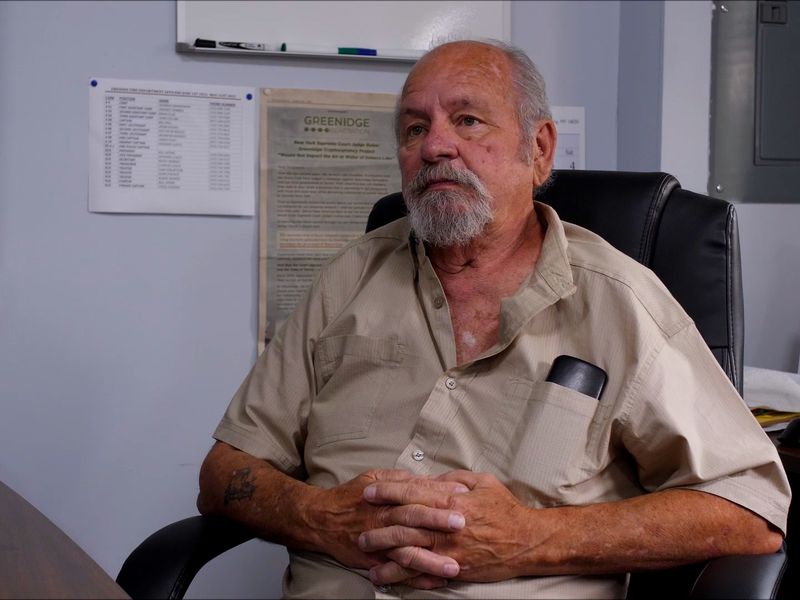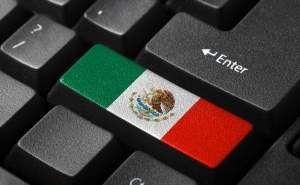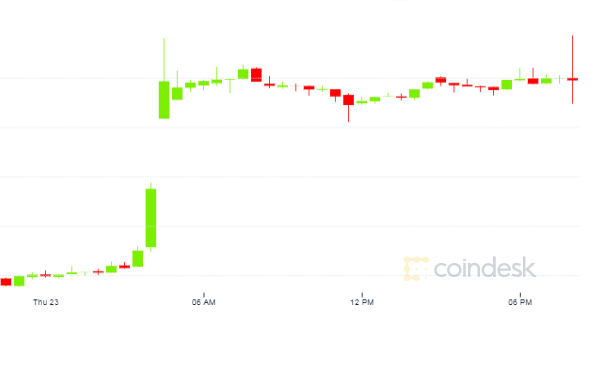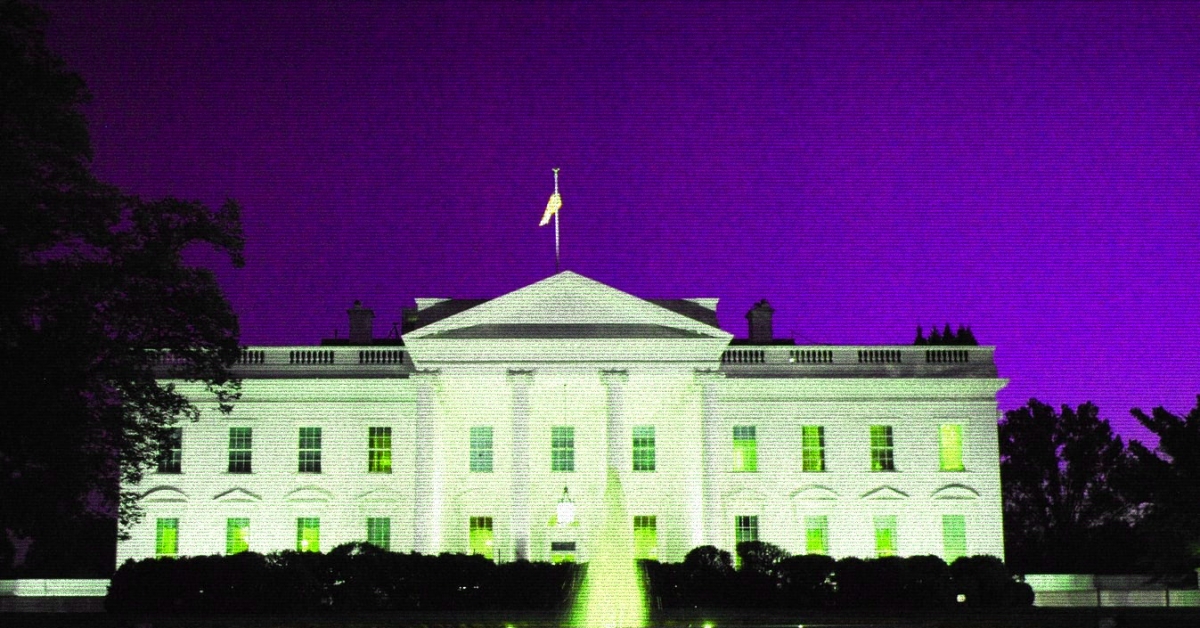Hector Network Fight Centers on Efficacy of DAO Governance
:format(jpg)/s3.amazonaws.com/arc-authors/coindesk/fa5ce9a3-9c4d-4ed4-bb04-c7af51bf1a0d.jpg)
Danny is CoinDesk’s Managing Editor for Data & Tokens. He owns BTC, ETH and SOL.
Crypto’s “be your own bank” mantra has given rise to a new kind of company where investors are said to run the show. But can these so-called decentralized autonomous organizations (DAOs) beat out the centralized, professionalized, corporate status quo?
That’s the question faced by Hector Network’s community as the decentralized finance (DeFi) project met on Discord early Thursday to discuss its possibly more centralized future. On hand was project leadership, a lawyer and tens of HEC token holders – many of whom were skeptical of a plan they feared would dilute their influence over how Hector runs. CoinDesk attended the call.
For more than an hour, members peppered the lawyer, who identified himself as Dali from the tech law firm Sparring, with questions about HIP 40, a proposal to wrap Hector Network within an offshore corporate structure that includes directors, supervisors and a management board. In other words: an organization with many of the centralized facets DAOs are supposed to replace.
After a year of what Dali called sloppy vision execution that has burned much of a treasury once worth $100 million, the only thing the Fantom-based fork of Olympus DAO can agree on is that something needs to change. But HIP 40 seems unlikely to provide that change in its current form: It is barreling to defeat by Saturday.
Hector Network’s governance dilemma is hardly unique. Across crypto, DAOs that once fashioned themselves as paragons of decentralization are running up against the hard reality that it’s difficult to succeed in business without really trying to be a real business. Throw in uncertain legal prospects, ominous tax implications and increasingly aggressive regulators, and their prospects grow still worse.
“Honestly, DAOs cannot be naïve to think, ‘Hey, we will be just a group of people who are buying tokens and then try to run an organization with tens of millions in a treasury without any expertise.’ That cannot work,” Dali said on the call.
What does work, he proposed, is a professional organization run and managed by people with expertise in specific areas who can dedicate their work weeks to an entity they work for. Dali said he drafted HIP 40 so that the “steering committee” at the heart of Hector Network functions as a day-to-day “workhorse” that delivers for the DAO. It would be staffed almost entirely by people currently employed by the official Hector Network team.
Some HEC holders bristled at that construction and questioned Dali if it is a conflict of interest to imbue the current leaders of Hector Network with formalized powers over its day-to-day operations. In response, Dali offered various reasons why DAOs such as Hector don’t really work unless they’re being run by those who invest their 100% of their time (not just their money). He said “checks and balances” such as community approval votes offset the risks of diluting investors’ direct power over the DAO.
“Even the steering committee is not some sort of overpowering body deciding everything – that is not the case at all. The steering committee always needs the backing of the community to work properly,” Dali said.
Idealism aside, there are very real and tangible reasons why Hector – and likely all DAOs – need some sort of legal wrapper, Dali said. Anything that involves the wider world – forming third-party partnerships, hiring contractors, nimbly navigating lawsuits – are all more feasible through formal organizational structure than through a DAO.
“We won’t be able to penetrate the markets that Hector Network would like to” if HIP 40 does not pass, Dali said, adding “the DAO would work somehow. But why not take advantage of having a proper structure and to be a reliable partner to non-Web3-native companies?”
Edited by Nick Baker.
DISCLOSURE
Please note that our
privacy policy,
terms of use,
cookies,
and
do not sell my personal information
has been updated
.
The leader in news and information on cryptocurrency, digital assets and the future of money, CoinDesk is a media outlet that strives for the highest journalistic standards and abides by a
strict set of editorial policies.
CoinDesk is an independent operating subsidiary of
Digital Currency Group,
which invests in
cryptocurrencies
and blockchain
startups.
As part of their compensation, certain CoinDesk employees, including editorial employees, may receive exposure to DCG equity in the form of
stock appreciation rights,
which vest over a multi-year period. CoinDesk journalists are not allowed to purchase stock outright in DCG
.
:format(jpg)/s3.amazonaws.com/arc-authors/coindesk/fa5ce9a3-9c4d-4ed4-bb04-c7af51bf1a0d.jpg)
Danny is CoinDesk’s Managing Editor for Data & Tokens. He owns BTC, ETH and SOL.
Learn more about Consensus 2024, CoinDesk’s longest-running and most influential event that brings together all sides of crypto, blockchain and Web3. Head to consensus.coindesk.com to register and buy your pass now.
:format(jpg)/s3.amazonaws.com/arc-authors/coindesk/fa5ce9a3-9c4d-4ed4-bb04-c7af51bf1a0d.jpg)
Danny is CoinDesk’s Managing Editor for Data & Tokens. He owns BTC, ETH and SOL.









